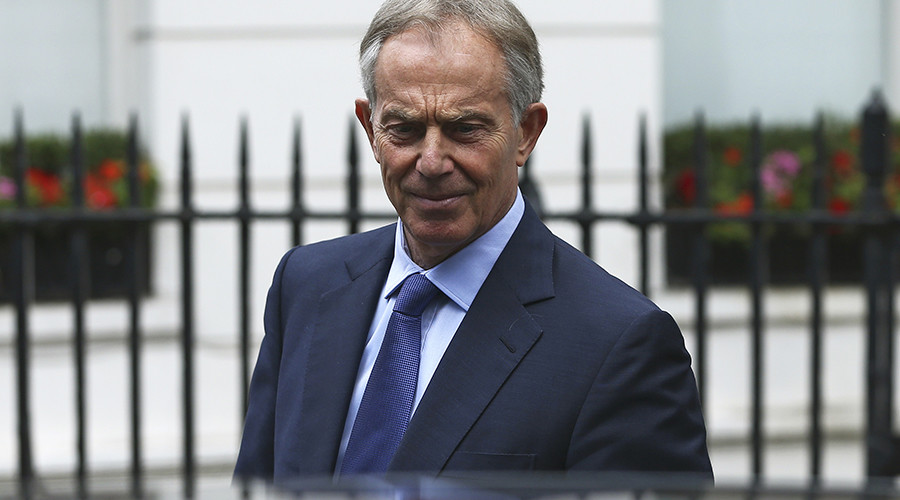..
Jean Cretien, one of Canada's best Prime Ministers, discusses Trudeau's failures in the Huawei / 2 Michaels affair. Cretien rose in stature in my mind when he stood up to President Bush and refused to get involved in the Iraq War.
Chrétien says government should have moved more quickly
on release of two Michaels
Former prime minister says Trudeau should have reached out to
old-guard Liberals for advice
Christian Paas-Lang ·
CBC News ·
Posted: Oct 24, 2021 12:00 PM ET
Former Liberal prime minister Jean Chrétien speaks to CBC chief political correspondent Rosemary Barton about the approach to the detainment of Michael Kovrig and Michael Spavor. (Mathieu Theriault/CBC)
Former prime minister Jean Chrétien says the government should have moved earlier to resolve the issue of the detainment of Michael Kovrig and Michael Spavor.
"We lost three years. That is a problem, they stayed in jail for three years. So, I thought at the beginning that they should have moved earlier," Chrétien said in an interview airing on Rosemary Barton Live on Sunday.
The former Liberal prime minister, who led Canada from 1993 to 2003, told CBC chief political correspondent Rosemary Barton he'd always had a "special relationship" with China. He noted that he had been called by contacts in China about the issue and spoken publicly about it before.
But he wasn't called by the Canadian Government for advice. The arrogance in the PMO would never allow for the opinions of those more experienced or smarter than they.
Chrétien said during his tenure, he was able to balance a working relationship with China, especially on economic issues, while being "very candid" on human rights.
"They don't always agree with you, and most of the time we have to say, 'We agree to disagree,'" he said.
WATCH | Former PM Chrétien discusses Canada-China relations, cabinet considerations
Former prime minister Jean Chrétien spoke to CBC chief political correspondent Rosemary Barton about his years in government, Canada's relationship with China and his personal style of politics. 11:19
He spends less than a minute discussing forming a cabinet and several minutes discussing how he would have handled the three-year tiff with China differently. CBC, as always, does what it can to protect Justin Trudeau from criticism, even from his own party.
Former prime minister Brian Mulroney suggested in mid-2019 that Chrétien be sent to China to help resolve the crisis sparked by the arrest of Huawei executive Meng Wanzhou in Canada in late 2018. Former diplomat Michael Kovrig and businessman Michael Spavor were arrested in China a few hours later.
Chrétien said at the time he was willing to go, and was reported in June 2019 to have floated the idea of Trudeau intervening to cancel Meng's case — his former chief of staff Eddie Goldenberg later made the case plainly The Globe and Mail, calling for "a prisoner exchange."
In a book being released Tuesday, My Stories, My Times, Vol. 2, Chrétien discusses how he came to that idea and his own contention that the Meng case was always a political problem, not a legal one.
I have said from the start that Canada should never have arrested Huawei's Meng. Throwing away Canada's relationship with a country as big and powerful as China to support America's economic sanctions was a stupid and cowardly thing to do. I don't believe Cretien would have ever gone along with that.
'Now they have become a power'
Chrétien acknowledged that China had changed since his time leading Canada and that played a role in the government's behaviour.
"It's a different time today, I have to recognize that," he said. "We had disagreements, but now they have become a power, and they're playing as a power. I'm not surprised."
Chrétien said it should always be expected that other countries would act in their own self-interest and that needed to be considered when determining strategy.
"For us, you have to roll with the punches and take the avenues that are beneficial for your country, and slow down when the obstacle is too big," he said.
During his interview with Barton, Chrétien also said Trudeau would have been "better served" in several cases if he and his government reached out to old-guard Liberals for advice, though noting he wasn't passing judgment on them.
On China, he said, "Everyone does it his own way. I had my own way and I survived with it."





